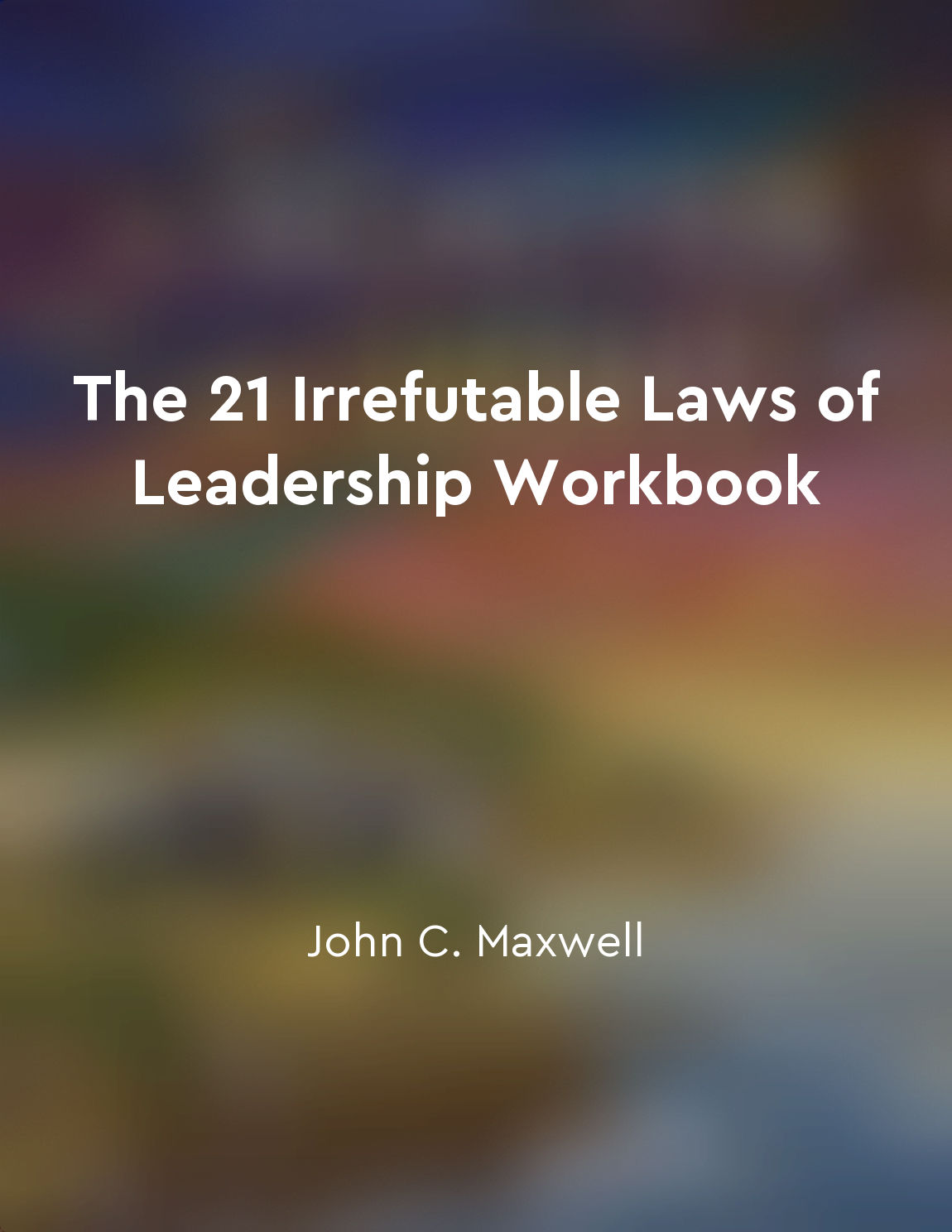Audio available in app
The influence of authority figures can impact decisionmaking processes and outcomes from "summary" of Influence by Robert B. Cialdini
Authority figures hold a significant amount of power over us, shaping the decisions we make and the outcomes we experience. When we are confronted with someone in a position of authority, whether it be a boss, a teacher, or an expert in a particular field, we are more likely to comply with their requests or suggestions. This influence stems from a deep-seated belief in the legitimacy and expertise of those in positions of power. Our tendency to yield to authority figures can be traced back to our upbringing, where we are taught to respect and obey those in charge. This conditioning carries over into our adult lives, where we continue to place a high value on the opinions and directives of authority figures. As a result, we may find ourselves following their guidance without question, even if it goes against our own instincts or beliefs. The impact of authority figures on our decision-making processes is further compounded by the halo effect – a cognitive bias that leads us to view individuals in positions of authority as more trustworthy, competent, and credible. This bias can cloud our judgment and lead us to overlook potential flaws or inconsistencies in their arguments or proposals. In addition to shaping our decisions, authority figures can also influence the outcomes we experience. By leveraging their position and perceived expertise, they can sway the course of events in their favor, whether it be securing a deal, gaining compliance, or eliciting a desired response. This ability to wield power and influence can have far-reaching consequences, shaping the trajectory of our lives in ways we may not even realize. In the face of authority figures, it is important to remain vigilant and critically assess the information and directives they present. By recognizing the influence they hold over us and questioning the validity of their claims, we can make more informed decisions and avoid being swayed by their power and charisma. The key lies in maintaining a healthy skepticism and independent thinking, even in the presence of those we perceive to be in positions of authority.Similar Posts

The Law of Solid Ground focuses on the foundation of trust in leadership
The Law of Solid Ground is all about trust in leadership. Trust is the foundation of leadership. It's the bedrock upon which ev...
Understanding biases can lead to more objective decisions
Understanding biases can lead to more objective decisions. Biases are systematic errors in thinking that can affect our judgmen...
Continually refine your thinking
To think again is to be open to reconsidering your beliefs, opinions, and decisions. It involves actively seeking out new infor...
Acting with power involves balancing authority and humility
Acting with power requires navigating a delicate balance between authority and humility. Authority is about asserting control, ...
Discipline molds individuals into compliant subjects
The process of discipline serves to transform individuals into obedient and docile subjects, ready to conform to societal norms...
Our decisions are affected by our inherent cognitive biases
Richard B. McKenzie delves into the intriguing world of decision-making in his book 'Predictably Rational?' He explores the ide...
Respect requires empathy and active listening
Respect does not come easily. It demands effort, understanding, and a willingness to truly listen to others. In order to show r...
Leveraging the principle of liking can influence behavior
One of the most powerful tools in influencing behavior is the principle of liking. This principle suggests that people are more...

The Law of BuyIn highlights the importance of commitment from team members
The Law of Buy-In emphasizes the critical role that commitment plays in the success of a team. When team members are fully comm...
